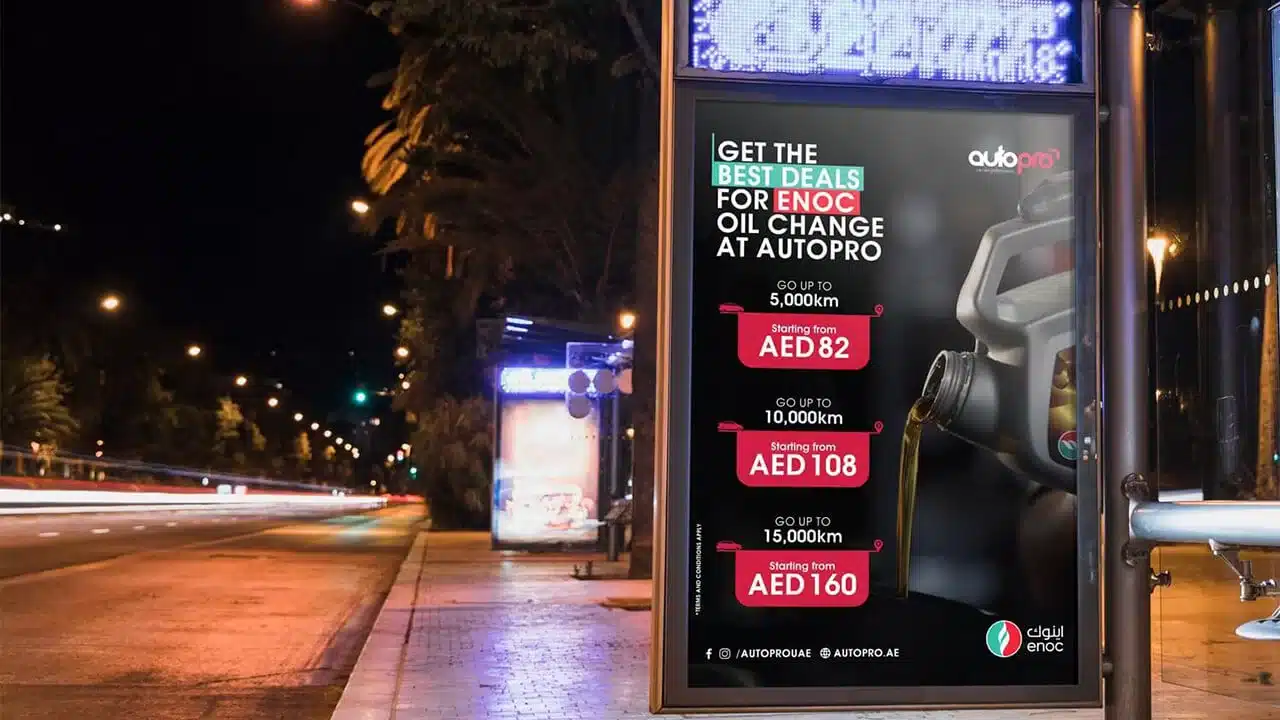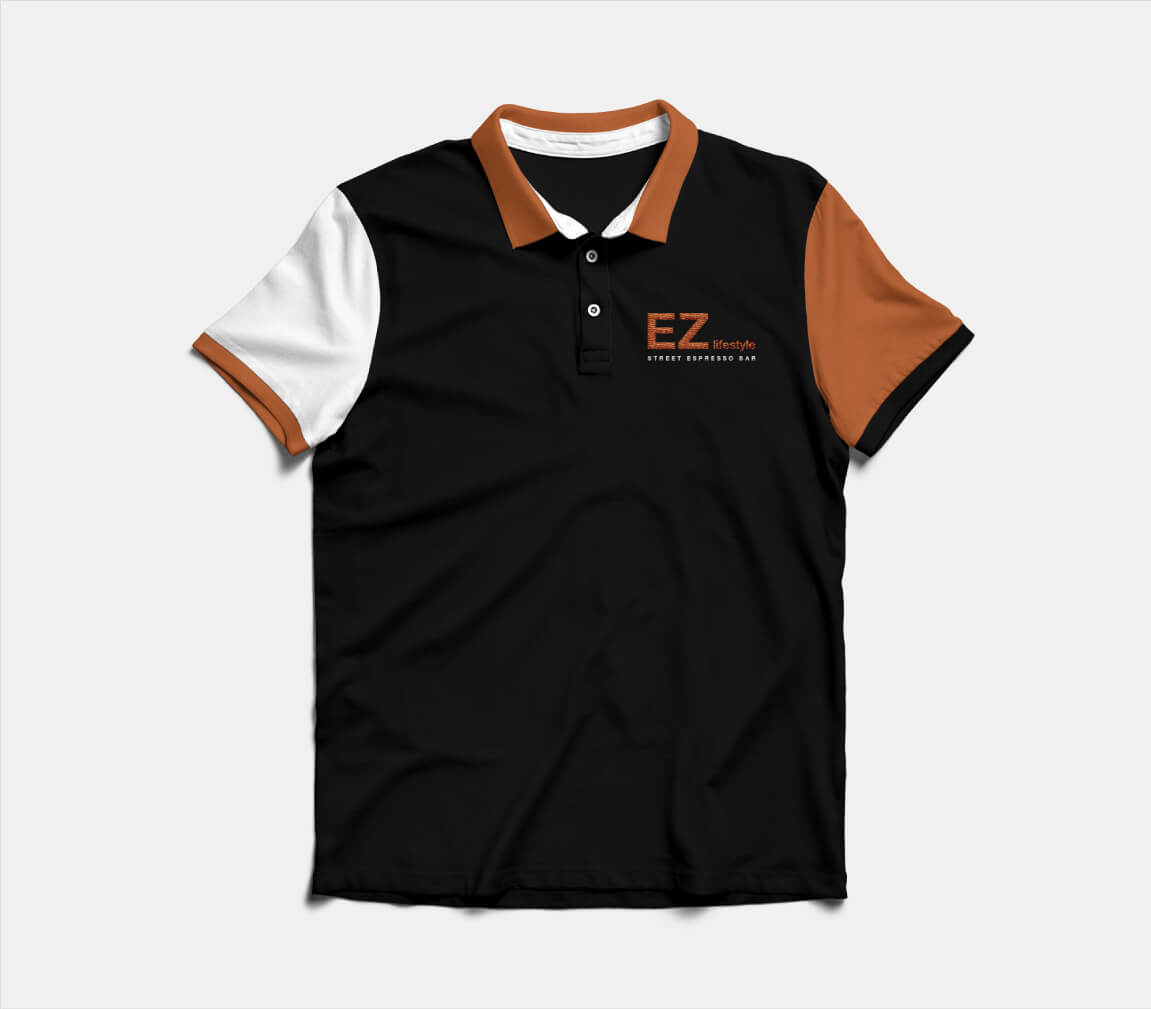
The Power of Data in Event Planning: Leveraging Event Software to Optimize Your Event Strategy

As an event planner, you know that pulling off a successful event requires meticulous planning. However, the sheer volume of tasks involved in event planning can be overwhelming, and even the most experienced planners can struggle to keep track of all the moving parts.
This is where event technology and data analytics for events come in – by leveraging the power of event software, you can optimize your event strategy and ensure that everything runs smoothly from start to finish.
What is Event Technology?
Event technology refers to a range of software and tools designed to streamline event planning and management. From registration and ticketing systems to mobile event apps and virtual event platforms, event technology has revolutionized the way we plan and execute events.
Here are some of the key benefits of using event technology:
- Greater efficiency: Event technology automates many of the tasks involved in event planning, freeing up your time to focus on more important tasks.
- Improved attendee engagement: Mobile event apps and virtual event platforms can enhance the attendee experience by providing real-time information, networking opportunities, and interactive features.
- Better data collection: Event technology can help you collect valuable data on attendee behavior, preferences, and engagement, which you can use to refine your event strategy over time.
What is Data-Driven Event Planning?
Data-driven event planning refers to the use of data to inform and guide your event strategy. By collecting and analyzing data on attendee behavior, preferences, and engagement, you can make more informed decisions about everything from marketing and promotion to event design and layout.
Here are some of the ways that data can improve your event planning:
- Improved attendee experience: By analyzing data on attendee behavior and preferences, you can tailor your event to better meet their needs and expectations. For instance, you can personalize content, recommend sessions, and offer special deals based on their interests.
- Increased revenue: Examining data on ticket sales, sponsorships, and other revenue streams, you can identify opportunities to increase revenue and optimize pricing strategies. For instance, you can use pricing tools to test and optimize different pricing options for tickets, upgrades, and sponsorships.
- Enhanced marketing and promotion: By exploring data on attendee demographics and behavior, you can target your marketing and promotion efforts more effectively, reaching the right people with the right message at the right time. For instance, you can use social media analytics tools to monitor and respond to conversations around your event and engage with your audience in real time.
- Event ROI measurement: By considering data on the costs and benefits of your event, you can measure your event ROI and justify your event spending to stakeholders. For instance, you can use event ROI calculators to measure and compare the financial returns of your event against its costs and identify areas of improvement.
What is the Best Event Management Software?
There are a wide variety of event management software options available on the market today, each with its unique features and capabilities.
When choosing the best event management software for your needs, it’s important to consider factors such as:
Ease of use: Look for software that is intuitive and user-friendly, with a clean and simple interface.
Integration with other tools: Make sure the software integrates seamlessly with other tools you use, such as email marketing software or CRM systems.
Customization options: Look for software that allows you to customize everything from registration forms to event branding and design.
Data analytics capabilities: Look for software that includes robust data analytics capabilities, allowing you to collect and analyze data on attendee behavior, preferences, engagement, and event ROI.
Automating Routine Tasks with Event Software
- Using event software can help you automate routine tasks and streamline your workflow, allowing you to focus on the more creative aspects of event planning.
- By analyzing data on attendee behavior and preferences, you can make data-driven decisions about which sponsors to invite, which sessions to schedule, and which speakers to feature.
- Virtual event platforms and mobile event apps can provide valuable networking opportunities and real-time feedback, allowing you to gauge attendee engagement and adjust your event strategy accordingly.
- Data analytics can also help you identify areas for improvement and optimize your event strategy over time, ensuring that each event is more successful than the last.
- Event technology and data analytics are not just for large-scale events – even small events can benefit from the increased efficiency and enhanced attendee experience that event software can provide.
Unlock the Power of Data for Your Next Event!
Whether you’re planning a small networking event or a large-scale conference, event technology and data-driven event planning can help you achieve your goals and make your event a success.
Have you ever executed event software or data analytics to plan an event? What was your experience like?





